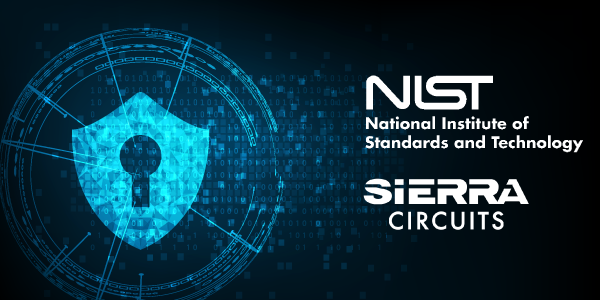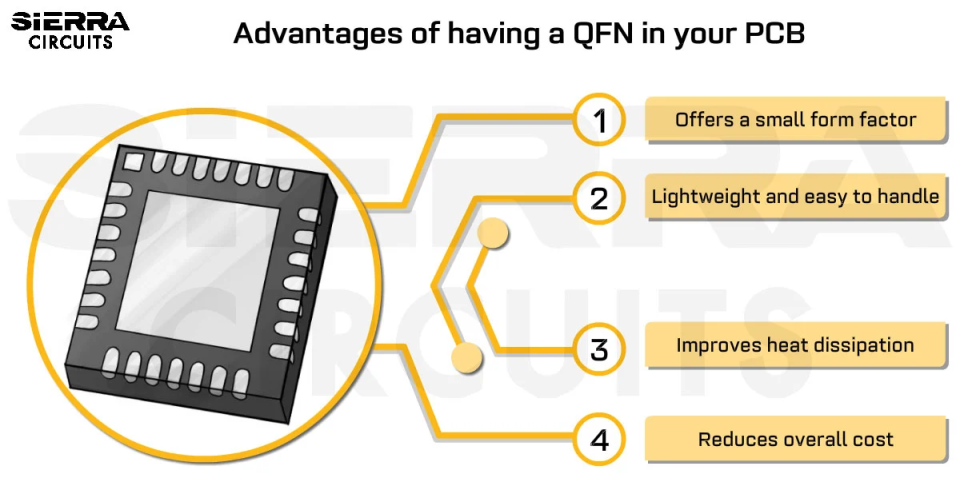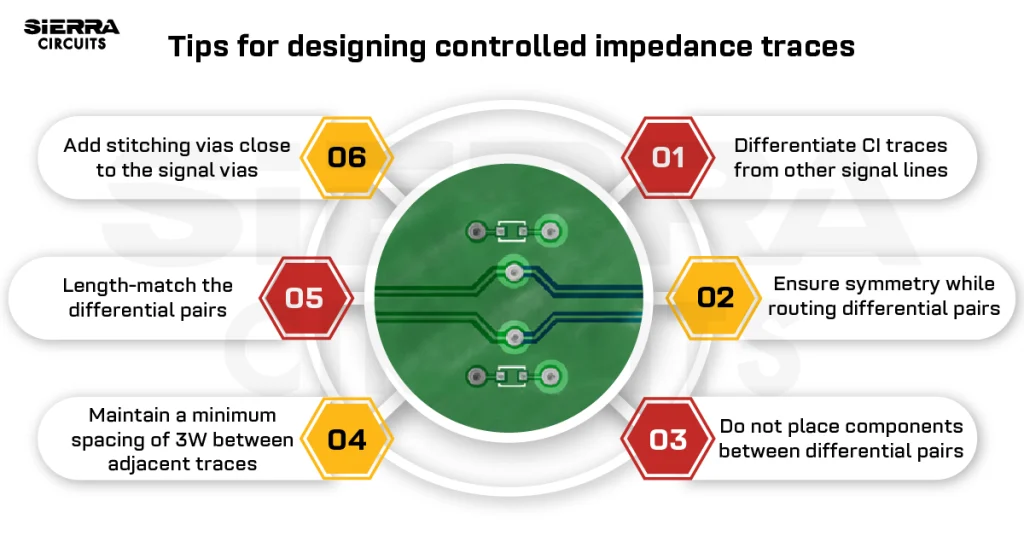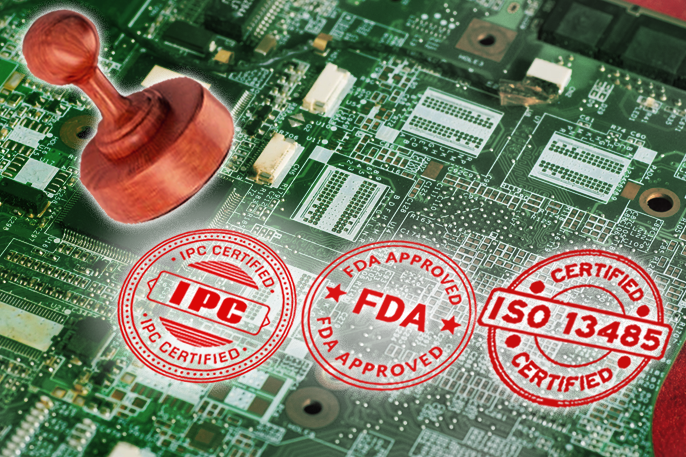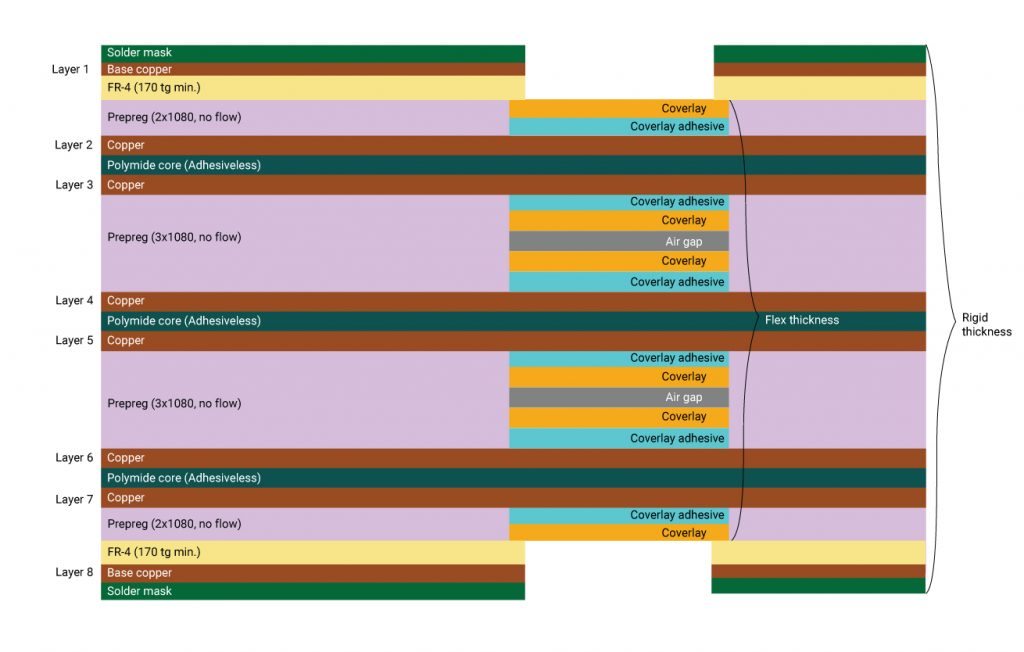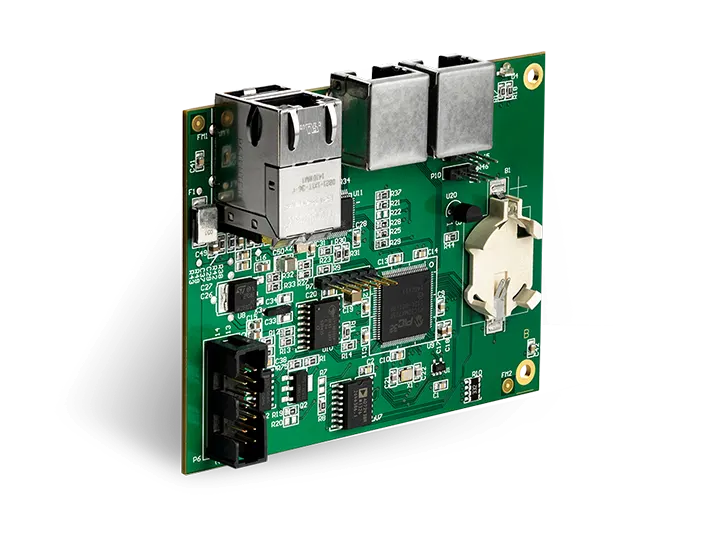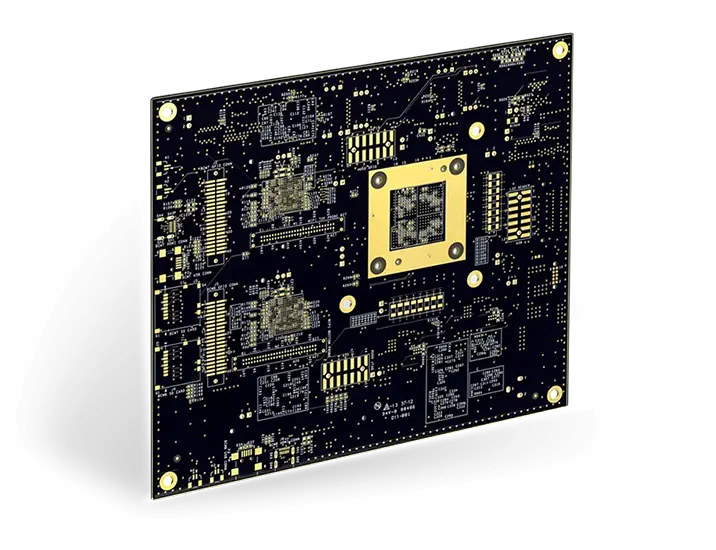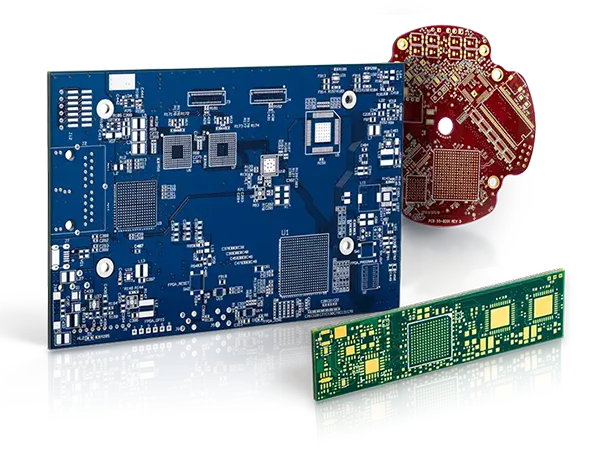Contents

On-demand webinar
How Good is My Shield? An Introduction to Transfer Impedance and Shielding Effectiveness
by Karen Burnham
The National Institute of Standards and Technology (NIST) compliance 800-171, derived by a non-regulatory government agency, deals with the protection of the confidentiality of CUI (Controlled Unclassified Information) with predefined clauses. Typically, the NIST cybersecurity directive states the metrics and standards for driving innovation and economic competitiveness among organizations across the U.S.
We all know there is no need to define compliance; in fact, compliance is best described as a set of guidelines followed by all stakeholders associated with it. However, we feel the staggering need to explain the NIST compliance 800-171 as most people are unaware of its importance, particularly in the science and technology industry.
One of the widely popular NIST standards, the NIST Cybersecurity Framework, or 800-171, binds organizations to strictly follow best industry practices and is spread across a range of industries. NIST standards hand out several security documents and publications that are designed as a framework for federal agencies. The NIST 800-171 compliance strictly deals with stringent security measures for federal agencies.
NIST compliance is also understood as the fixed guidelines for standard security measures for information systems at the federal level. The growing importance of NIST compliance, not only among government agencies but also non-governmental organizations, is attributed to the proliferation of cybersecurity.
The Stakeholders
NIST 800-171 compliance is applicable to the controlled non-classified information or CUI, under which the regulations are placed on non-government entities, such as contractors, manufacturers, and others. These non-government agencies work with various government agencies, mainly the Department of Defense.
NIST 800-171 is also said to be an addition to the existing regulations regarding non-classified online information, such as the Federal Information Security Management Act (FISMA). The NIST compliance not only monitors data breaches but also protects sensitive information such as the client’s data. NIST compliance was developed in response to recent data breaches that are significantly hampering government agencies.
NIST 800-171 Compliance Requirements
The NIST 800-171 compliance states the minimum requirements for an organization to be a part of the NIST-compliant group. Once an organization withholds the security measures and fulfills the regulations, then it likely puts up a compelling case for government and non-government contracts.
The important requirement of NIST 800-171 compliance includes the protection of the client’s information. The protection of the client’s information also ensures the safeguarding of CUI. This type of information is stored inside the internal system and must be protected by preventing unauthorized access to permission. Additionally, the NIST 800-171 binds the organization to notify the federal agencies in case of a data breach and incidences related to a security threat.
The data breach response consists of identifying the data breach and submission of administrative access of the impacted systems. The standards also allow government organizations to regulate the standards with the use of this technology across various industries. In critical applications involving the military, aerospace, and naval sectors, it becomes important for an organization to set new regulations frequently to keep up with the advancement in technology.
The NIST compliance 800-171 will help organizations store, monitor, and exchange information securely. The proliferation of cyberterrorism has driven the need for such compliances to improve cybersecurity over the past few years. The technological innovation will likely reduce the risk associated with cyberterrorism and data breaches. The implementation of the NIST compliance will ensure data security and provide a shield from unauthorized access.
The compliance also mentions basic and derived security requirements:
Basic Security Requirements
- Development and maintenance of baseline configurations, such as hardware, software, and firmware to improve cybersecurity.
- Organizations should enforce security configurations for information storage as per NIST standards.
Derived Security Requirements
- Tracking changes to systems.
- Analyzing the security impact of changes.
- Produce required documents, and provide logical access restrictions to federal agencies as per NIST standards.
- Deployment of configuring systems with the least functionality for offering only essential capabilities.
- Limited use of nonessential programs, functions, and protocols.
- Application of deny-by-exception (blacklisting) policy for the prevention of unauthorized software, and permit-by-exception (whitelisting) policy to allow the execution of authorized software.
- Monitoring the user-installed software.
What does it mean to be NIST 800-171 compliant?
The NIST 800-171 compliance holds organizations responsible for storing, monitoring, and communicating client information. Relevant regulations allow high standards of cybersecurity and privacy, thus limiting cybercrimes and reducing the overall number of data breaches. Federal agencies also put penalties for non-compliance while handing out government defense contracts.
The regulation came into effect in 2017 by the National Institute of Standards and Technology. The NIST 800-171 compliance is also applicable to government contractors and end-to-end manufacturers working directly with the government or in adjacent fields.
Additionally, it is made mandatory that all Department of Defense (DoD) suppliers and contractors should implement NIST Publication 800-171 controls as per the DFARS regulations. The compliance will likely support the U.S. government’s mission to nullify any risk that can harm the government’s intellectual property.
Key Pointers
The NIST 800-171 compliance publication has mentioned 14 key pointers that define necessary security requirements to ensure information systems monitor and safeguard CUIs. The security requirements that are categorized into 14 families discuss how to protect information on a day-to-day basis. The NIST 800-171 publication also mentions pointers focusing on secured communications and data breaches.
The 800-171 key points include:
| Access controls | Media protection |
| Awareness and training | Personal security |
| Audit and accountability | Physical protection |
| Configuration management | Risk assessment |
| Identification and authentication | Security assessment |
| Incident response | System and communication protection |
| Maintenance | System and information integrity |
Proper follow-up on these guidelines will minimize the risk associated with federal as well as non-federal agencies, which will also lead to the protection of sensitive information and the government agency’s classified information.
Who is subject to NIST 800-171 compliance?
Suppliers often assume that they are not subject to NIST 800-171, which is a completely wrong assumption. Moreover, this will further lead to non-compliance penalties. Here are a few conditions you must be aware of:
- Certified provider or supplier for a government agency
- Working on a contract basis for a government or military agency
- Subjected to store CUI, which comes under NIST 800-171 regulation
The NIST 800-171 are derived for small to medium-sized businesses, a large corporation, to single-person contracting businesses. As a supplier or manufacturer, you won’t receive any formal notice that you must comply with NIST 800-171. However, the lack of such notice surely does not exclude you from binding to compliance.
Where do we stand?
Sierra Circuit is a proud member of the NIST compliance group. We are bound by our ethics and standards to keep the client’s information safe. As a PCB manufacturer, we understand that cybersecurity is the way forward.





